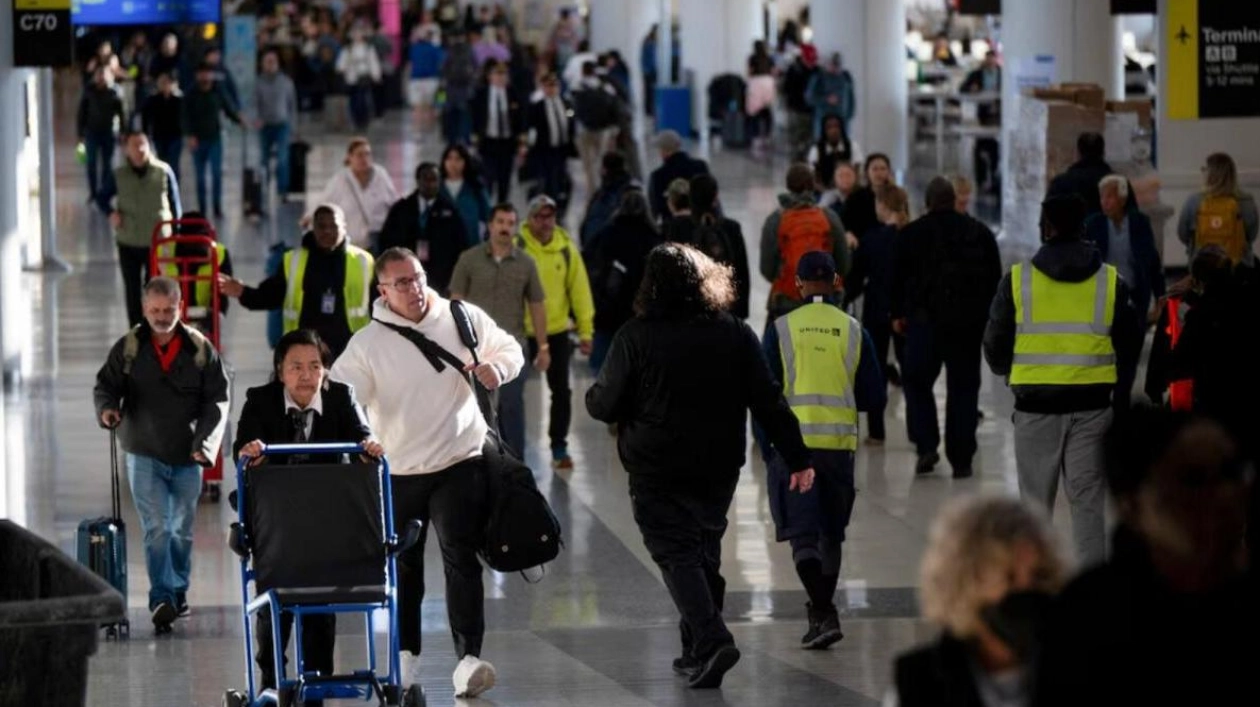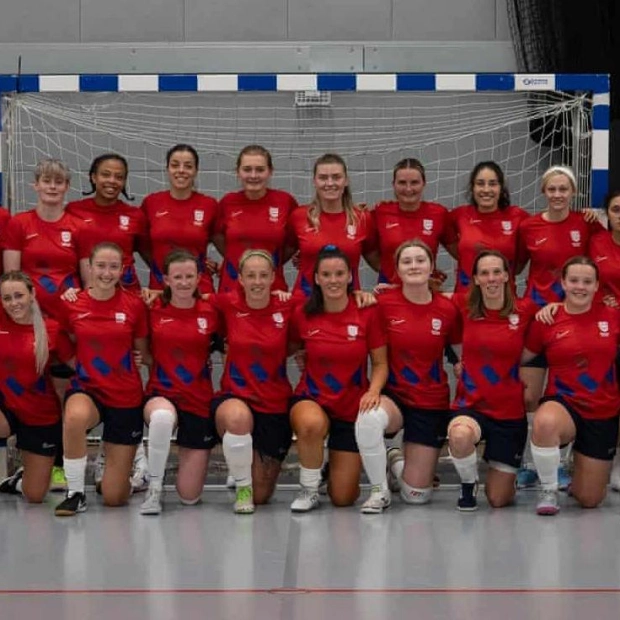Travelers navigate through Newark Liberty International Airport during the Thanksgiving week. Photo: Reuters
The US Department of Transportation announced on Thursday that it is seeking public input on whether airlines should be mandated to provide cash compensation to passengers when flight disruptions are attributed to the carriers. The USDOT has allotted 60 days for public comment as it initiates the rulemaking process, though it refrained from issuing a formal proposal. The decision to pursue regulations will ultimately fall to President-elect Donald Trump's administration, which has pledged to reduce regulations across various sectors.
"It is entirely reasonable to advocate for some compensation for passengers' time and additional protections," stated US Transportation Secretary Pete Buttigieg during an aviation event interview. He emphasized that compensation rules for delays "would alter the economic incentive, prompting airlines to enhance their services."
In May 2023, President Joe Biden announced that his administration would draft rules mandating airlines to compensate passengers for disrupted flights, with a USDOT proposal expected by the end of 2023. Countries like Canada, Brazil, the European Union, and the United Kingdom already have airline delay compensation rules, but Buttigieg clarified that the USDOT is not merely replicating Europe's regulations.
The USDOT is soliciting feedback on whether airlines should be required to pay $200-$300 for domestic delays of at least three hours, $375-$525 for six-hour delays, and $750-$775 for nine-hour delays. Airlines for America, a trade association representing major carriers such as American Airlines, Delta Air Lines, and United Airlines, strongly opposed the proposal. The group argued that "mandating additional cash compensation beyond current provisions will escalate ticket prices." They further criticized the proposal as part of a series of hastily conceived and rushed rules aimed at reregulating the US airline industry.
While airlines are obligated to refund passengers for canceled flights, they are not currently required to compensate for delays. Major carriers have, however, pledged to cover meals, hotel stays, and other expenses when significant flight disruptions occur. Buttigieg acknowledged that the USDOT has been instrumental in pushing airlines to improve passenger treatment.
The USDOT is also deliberating whether smaller airlines should pay less, if compensation should be required when passengers are notified well in advance, and if airlines must cover additional costs like meals and hotel stays post-disruption. Additionally, the USDOT is contemplating whether airlines should be required to rebook passengers on the next available flight or, if no flights are available within 24 hours, potentially use competitor services.
It remains uncertain whether the USDOT requires additional congressional authority to mandate delay compensation. Buttigieg has been proactive in investigating airline practices and aims to finalize family seating and wheelchair rules by January 20.
Source link: https://www.khaleejtimes.com






